Employee Appreciation Day comes around once a year on the first Friday in March, and while some employers plan a whole outing around the holiday, these types of celebrations don’t exactly mean much if employees aren’t feeling valued all year long. In fact, 66% of employees say they would "likely leave their job” if they didn't feel appreciated. That’s over half your workforce that could walk out if managers are not showing appreciation for employees’ work. The costs associated with replacing half your workforce would be exponential. When it comes to Millennial employees who'd leave if they felt unappreciated, the number jumps to 76%.
Don’t let these statistics affect your workforce. Check out these employee appreciation initiatives your leadership team can start implementing today:
Display Employee Contributions for Everyone to See
Hitting big goals may be a daily or weekly occurrence for your workforce (because your employees are just that good), but that doesn’t mean they should stop being recognized. Give individuals a shoutout on your internal communication system when they meet a big goal they’ve been working toward, or a team lands that account they’ve strategizing about for weeks. You can even take it public and boast on the company’s social media channels. Not only does this show your current employees some appreciation, but reinforces the type of culture within your organization.
Monthly Appreciation Meals
Who doesn’t love a free meal now and then? Organize monthly appreciation meals for your workforce to sit and enjoy. These can be first thing in the morning for breakfast with a spread of bagels, doughnuts and orange juice or a catered meal at lunchtime. Getting employees involved with a vote can help further the individuality of the appreciation. You can then use this opportunity to let individuals or teams know what they’ve been doing well this month as they enjoy their meal.
Offer Professional Development Opportunities
Encourage employees to identify areas of interest they would like to learn more about in terms of job skills, leadership or company functionality. Giving employees the ability to take ownership of their own career makes them feel more appreciated by the company. Only 50% of employees feel their employers provide career development opportunities that increase their chances for advancement. Cultivating a culture of professional growth allows regular conversations with your team members to convey their need to grow and develop specific skills.
Say “Thank You”
For many managers, the “thank you” may be implied, but your employees likely never get tired of hearing it. Taking the time as a leader to say thank you can mean the difference between disgruntled and satisfied employees. Going the extra mile to write a thank you card can make a huge difference in recognition as well. Thank you cards have a lot of emphasis outside of the office like in networking and job searching situations, but bringing the practice into the office shows you are taking the time to really think about why you’re grateful for individuals and their work.
Peer-to-Peer Recognition
Appreciation doesn’t always have to come from the top. Giving employees the opportunity to give kudos to others who have helped them out or displayed a great team attitude can help boost morale and camaraderie on the team. 37% of employees say “working with a great team” is their primary reason for staying with a company. Encourage employees to build meaningful relationships on their teams through recognition.
Bonus Employee Appreciation Initiatives:
- Birthday celebrations
- Work anniversary cakes
- Hackathons
- Wall of fame
- Discounted tickets to events and shows in the area
- Potluck lunches
Employee appreciation doesn’t have to be difficult. The list of possibilities could go on with different ways for leaders to show recognition. One of the best ways to show you care is providing employees with the tools for success, including goal setting skills and management. Take the first step to lead your employees to success and view the Inspire Software product tour and learn how we can help you develop goals that align with corporate strategy.

